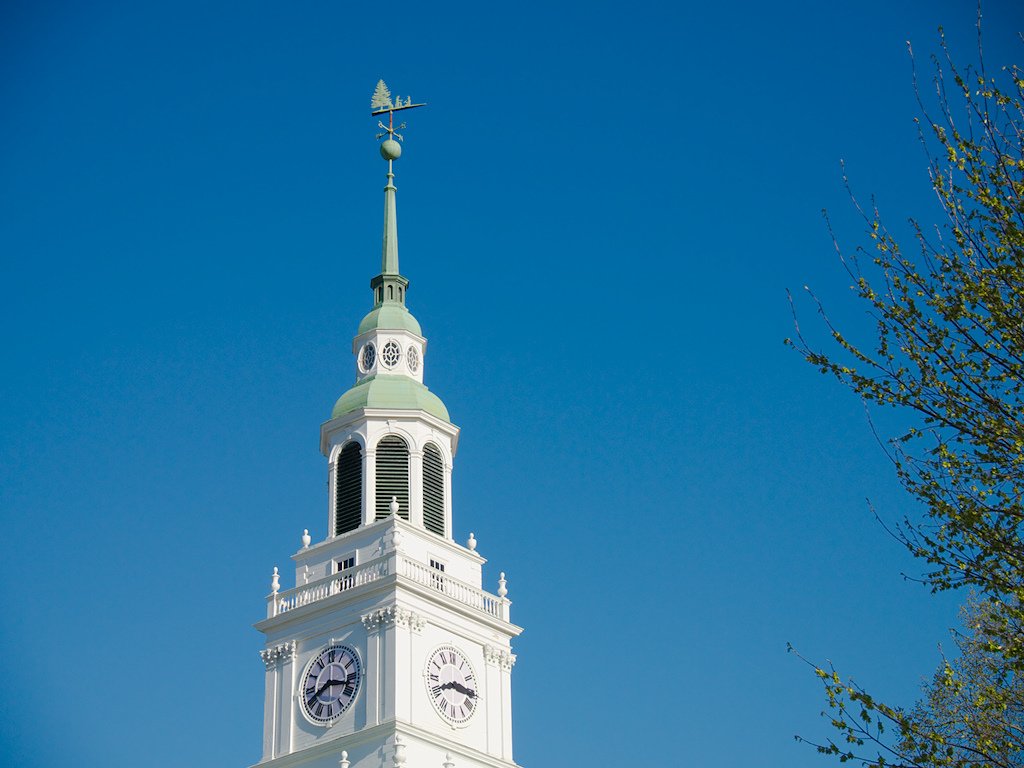BEIRUT: Qatari Emir Sheikh Hamad bin Khalifa al-Thani said Monday his country was committed to helping Lebanon and supporting it in …
Austrian Felix Baumgartner has become the first skydiver to go faster than the speed of sound, reaching a maximum velocity of …
أكد رئيس الجمهورية العماد ميشال سليمان، في كلمة القاها خلال رعايته افتتاح مؤتمر الاغذية العالمية في الاونيسكو، انه لا يجوز ان …

Selection process
Each application receives an academic index score, which is based on GPA and standardized tests. A low score is usually a dealbreaker, but still all applications are considered.
Each application will be read by 2-3 readers, who recommend either "admit," "deny," or "possible," sometimes qualified with "strong" or "leaning." Readers also rate each candidate out of 10 for academic and personal qualities, which take into account things like socio-economic background.
"You expect it to be more numbers driven than it is, but the message we always got was to make sure we consider everything else in the application."
Reading an application takes 10 to 15 minutes.
"You're supposed to read 25 to 30 in a day, but that's tough when starting out, and they encourage you to do quality reads. There's a high degree of subjectivity, at least in the first read, but that's what the second and third read are for. The probability that you get 2 people in a bad mood is ... lower than the probability that you get one person in a bad mood."
And don't believe what they tell you about early admission.
"It's much easier to be admitted during Early even though most schools tell you it's just as competitive, it's simply not true. That's standard administrative rhetoric, but it is much more difficult to be admitted during regular. We've already admitted 30 to 35 percent of the class Early. When you first start reading apps you might think one is great, but reading the same app later after 600 others then that kid no longer seems as stellar."
"There's a big push to admit or deny."
But some applications end up on the waitlist—and about 10 percent of these are eventually accepted.
"Some are placed on the waitlist for political reasons, say a legacy will be waitlisted because they don't want to deny outright."
Khazen History


Historical Feature:
Churches and Monasteries of the Khazen family

St. Anthony of Padua Church in Ballouneh
Mar Abda Church in Bakaatit Kanaan
Saint Michael Church in Bkaatouta
Saint Therese Church in Qolayaat
Saint Simeon Stylites (مار سمعان العامودي) Church In Ajaltoun
Virgin Mary Church (سيدة المعونات) in Sheilé
Assumption of Mary Church in Ballouneh
1 - The sword of the Maronite Prince
2 - LES KHAZEN CONSULS DE FRANCE
3 - LES MARONITES & LES KHAZEN
4 - LES MAAN & LES KHAZEN
5 - ORIGINE DE LA FAMILLE
Population Movements to Keserwan - The Khazens and The Maans
ما جاء عن الثورة في المقاطعة الكسروانية
ثورة أهالي كسروان على المشايخ الخوازنة وأسبابها
Origins of the "Prince of Maronite" Title
Growing diversity: the Khazin sheiks and the clergy in the first decades of the 18th century
Historical Members:
Barbar Beik El Khazen [English]
Patriach Toubia Kaiss El Khazen(Biography & Life Part1 Part2) (Arabic)
Patriach Youssef Dargham El Khazen (Cont'd)
Cheikh Bishara Jafal El Khazen
Patriarch Youssef Raji El Khazen
The Martyrs Cheikh Philippe & Cheikh Farid El Khazen
Cheikh Nawfal El Khazen (Consul De France)
Cheikh Hossun El Khazen (Consul De France)
Cheikh Abou-Nawfal El Khazen (Consul De France)
Cheikh Francis Abee Nader & his son Yousef
Cheikh Abou-Kanso El Khazen (Consul De France)
Cheikh Abou Nader El Khazen
Cheikh Chafic El Khazen
Cheikh Keserwan El Khazen
Cheikh Serhal El Khazen [English]
Cheikh Rafiq El Khazen [English]
Cheikh Hanna El Khazen
Cheikha Arzi El Khazen
Marie El Khazen